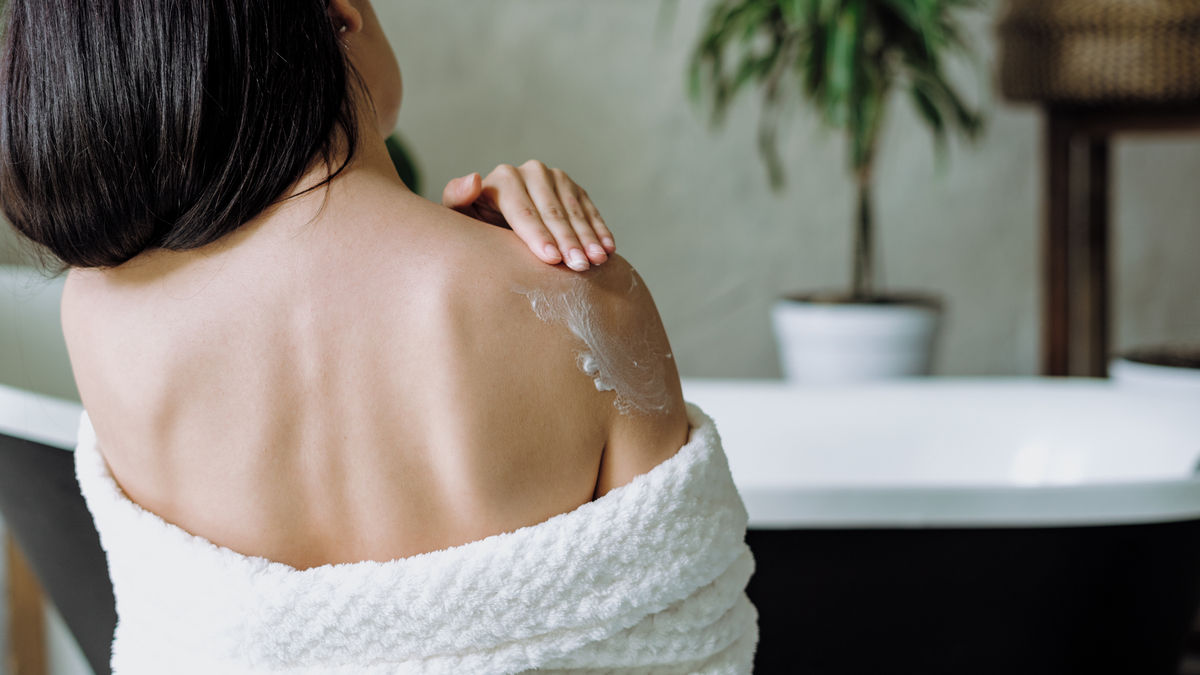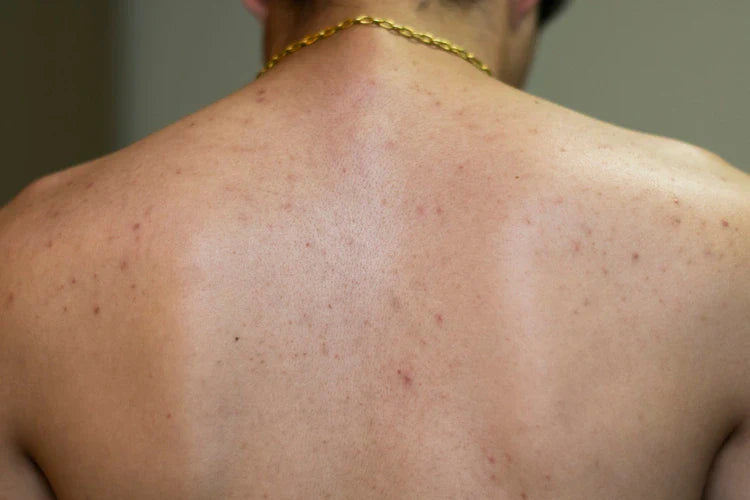Acne from Hormonal Changes in Adults: Expert Insights
Understanding Acne from Hormonal Changes in Adults
As a beautician, you often find yourself on the frontline of skin-related queries, guiding individuals towards healthier, clearer skin. One of the most common issues faced by adults is acne from hormonal changes. This type of acne is not only frustrating but can also affect ones confidence and overall well-being. Understanding the nuances of this condition can significantly enhance your ability to assist your clients effectively.
Acne associated with hormonal changes might appear at any stage in adulthood, often influenced by factors such as stress, menstrual cycles, and lifestyle changes. For many, it may also be linked to conditions like polycystic ovary syndrome (PCOS). The condition predominantly affects women but can also occur in men, manifesting as painful, cystic lesions primarily along the jawline and chin.

The Hormonal Influence on Adult Acne
Hormones play a pivotal role in the skins health and texture, with fluctuations often leading to acne outbreaks. During certain periods, such as menstruation, pregnancy, or menopause, these fluctuations can intensify, triggering acne. Androgens, a type of hormone, increase the production of sebum, which can clog pores and lead to acne.
Understanding this hormonal influence is crucial for any beautician looking to craft personalized skincare routines for their clients. By identifying the underlying cause, whether its stress-related or a part of the natural aging process, you can offer specific treatments that address their unique dermatological needs.
Designed Skincare Regimens for Hormonal Acne
Creating a tailored skincare regimen is essential for managing acne derived from hormonal changes. Incorporating products that balance oil production, exfoliate dead skin cells, and reduce inflammation can be very beneficial.
For instance, suggesting niacinamide or salicylic acid as part of the daily skin routine can help manage acne-prone skin. Additionally, discussing the need for consistent application and patience with new treatments can help manage client expectations effectively. Regular check-ins can help adjust these regimens based on the client's evolving skin condition and response to treatment.
You might find it helpful to direct clients to articles like Treating Post-Acne Dark Spots which offers additional insights into dealing with stubborn post-acne marks and discoloration.
Diet and Lifestyle Adjustments
A holistic approach often yields the best results when dealing with adult acne. Encouraging clients to consider diet and lifestyle modifications can significantly enhance their skin health. For instance, consuming a balanced diet rich in Omega-3 fatty acids, Vitamins A, C, and E, and maintaining adequate hydration are essential.
Furthermore, practicing stress-management techniques such as yoga or meditation can help regulate hormonal imbalances, thereby reducing acne flare-ups. Recommending clients to resources like Bumps from Ingrown Hairs provides additional tips on minimizing skin irritation which can sometimes mimic acne symptoms.

Seeking Professional Help
While as a beautician, your role is pivotal in guiding treatment, its also important to know when to recommend professional medical advice. Persistent or severe hormonal acne may require interventions such as oral medications or hormonal treatments that require a dermatologist's supervision.
Sometimes, comprehensive articles like Best Body Wash for Acne can provide general audience understanding on product selection which augments professional treatments.
FAQs
How can stress management assist in treating adult acne?
Stress can lead to hormonal fluctuations that increase sebum production, thus exacerbating acne. Methods such as meditation, exercise, and sufficient sleep help in maintaining hormone balance.
Are there specific foods that should be avoided to prevent hormonal acne?
Yes, reducing intake of high-glycemic foods and dairy products can help in managing hormonal acne as they are known to trigger insulin spikes and hormonal imbalances.
What are the first steps in treating post-acne discoloration?
The first step is to integrate a regimen including products with ingredients like niacinamide, vitamin C, and retinoids that help brighten and even out skin tone. Consistent use is key to seeing results.
This article contains affiliate links. We may earn a commission at no extra cost to you.

